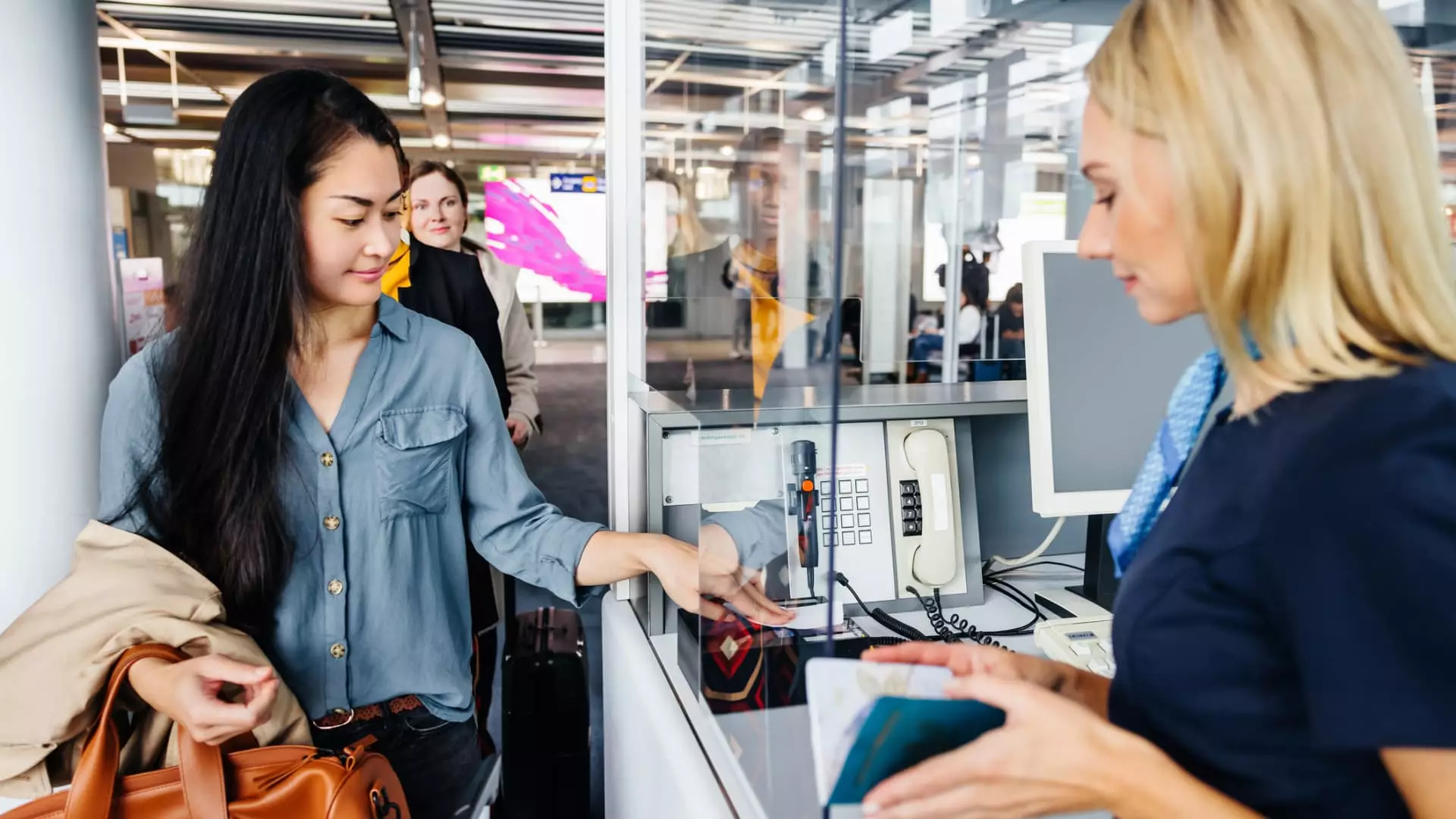The clock is ticking, and for many American travelers, it’s a troubling reminder of the impending deadline for obtaining a Real ID. Set to take effect on May 7, 2025, this new requirement reflects a troubling shift in our national security landscape. The necessity for citizens to have a Real ID to board domestic flights is not just an inconvenience; it’s a cautionary tale about the expanding reach of government oversight into our daily lives. How did we arrive at a point where something as mundane as boarding a plane requires an extra layer of identification? It’s high time we examine the implications of this mandate and consider the possible alternatives before we start boarding flights in a nation shackled by bureaucratic red tape.
What Makes the Real ID Different?
At first glance, a Real ID may appear as just an upgraded driver’s license bearing a star. Yet, its underlying motive is critical. Established through the Real ID Act of 2005, it was designed to enhance security by imposing standards on state-issued identification. However, as we witness the government tightening its grip on our travel freedoms, we must question whether a shiny new ID is truly the solution to our security concerns. It’s essential to consider whether we’re sacrificing basic freedoms for a façade of safety.
Approximately 19% of travelers still lack a compliant form of identification, according to the TSA. This statistic is staggering and troubling. We should be fostering a society where people are encouraged to travel freely, not one where they are impeded by an ever-expanding bureaucratic structure.
Available Alternatives: Navigating Complexities
Panic may set in for those who lack a Real ID, but alternatives do exist. From valid U.S. passports to enhanced driver’s licenses from states like Michigan and New York, various forms of identification can still allow travelers to pass through TSA checkpoints. However, relying on these substitutes can be a double-edged sword. For instance, while a passport is an option, it can also pose significant complications and expenses should it get lost during travel. Replace a Real ID? Easy. Replace a passport? That process is a convoluted maze, not to mention a financial drain, costing $130 for renewal.
As a society, we need to interrogate whether the Real ID enforcement is genuinely about security or merely a money-making scheme that adds layers of anxiety to the traveling experience. The additional screening and delays passengers anticipate now feed into a larger system that benefits neither the traveler nor the airlines.
Risky Business: The Gamble of Showing Up Unprepared
Many travelers are weighing the option of showing up at the airport without a Real ID post-deadline in the hope of “getting lucky.” This kind of gamble is reckless. Experts caution that expecting TSA officials to show leniency is not just naive, but downright foolish. As Sally French, a noted travel expert at NerdWallet, warns, the process of getting through security will become a “much longer screening” ordeal, and luck is not a strategy one should depend upon. This scenario is emblematic of how bureaucratic requirements transform ordinary citizens into anxious participants in a game stacked against them.
This leads to an uncomfortable question: Do we want to live in a society where walking into an airport without the right identification could mean being turned away or subjected to further scrutiny?
A Costly Trade-Off: Convenience vs. Security
In the age of consumerism, we often equate convenience with progress. Unfortunately, the drive for efficiency often implies scrutiny and costs. The fees for a Real ID can be slightly less than a passport renewal, but that doesn’t alleviate the stress that comes with the contextual changes outlined in the enforcement of this law.
For instance, if states like Virginia charge a nominal fee plus the cost of obtaining a driver’s license, it still raises questions about accessibility. Are we creating a barrier for the socio-economically disadvantaged? The push towards a standardized identification serves to isolate individuals who may not have the luxury to comply, sidelining those who could very well enrich our society through travel and cultural exchange.
Empowering the Traveler: Knowledge is Power
Ultimately, the key to navigating this changing landscape is knowledge. The necessity for heightened identification standards, while perhaps well-intentioned, sidesteps broader issues of accessibility and civil liberties in the travel realm. Our society should be equipped not only with knowledge of alternative identification options but also how to assert our rights in the face of oppressive mandates. As travelers, we should collectively advocate for a system that values both security and the freedom to navigate our own lives without excessive restrictions.
This looming regulation isn’t merely an update in travel protocol; it’s a disconcerting trend that reflects a deeper cultural malaise. While some may find comfort in complying with the law, it’s essential to scrutinize what we might be sacrificing in the name of safety. It’s time to take action before this becomes the new normal—one where we’re being watched, vetted, and traced at every turn.

